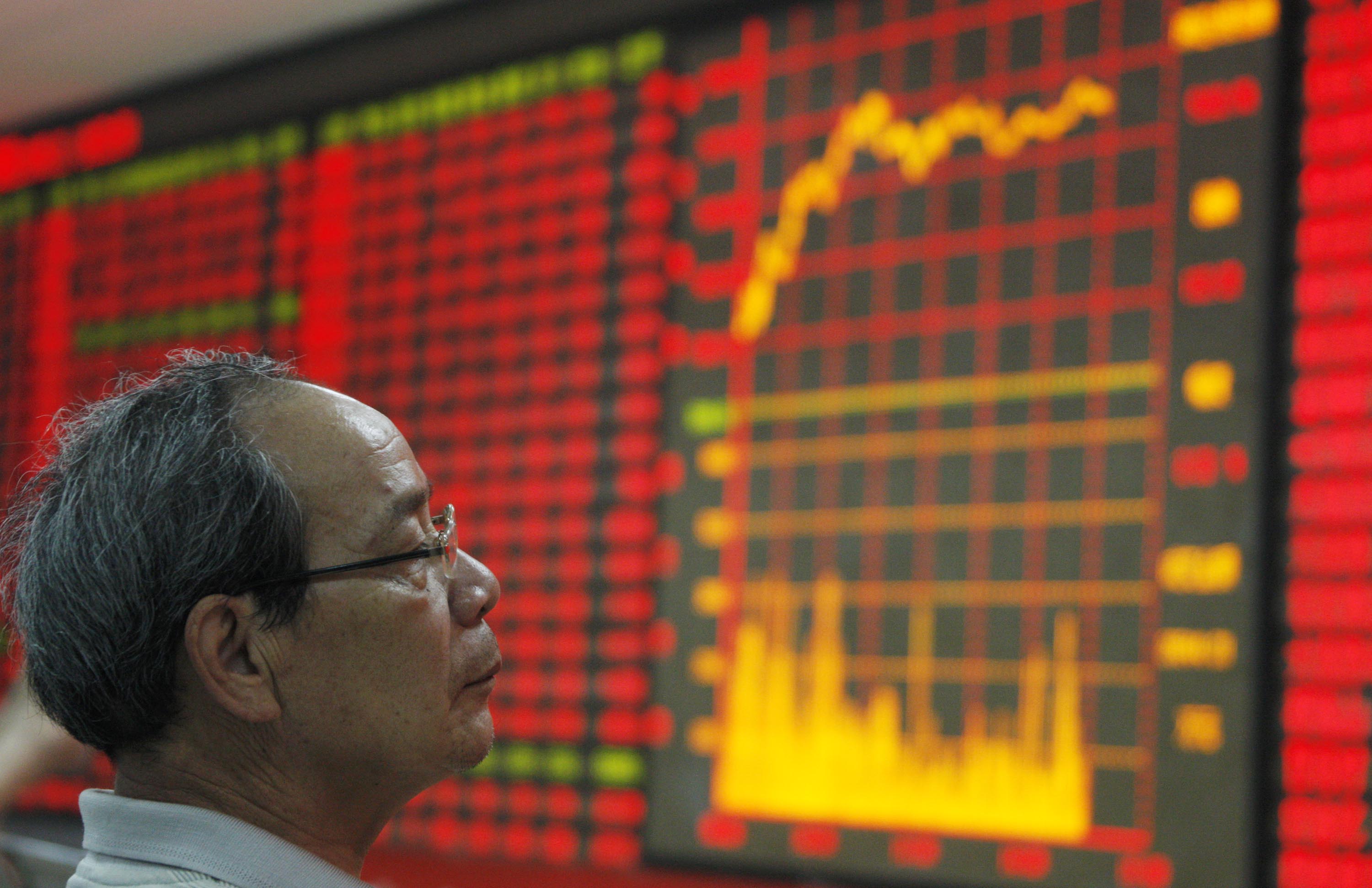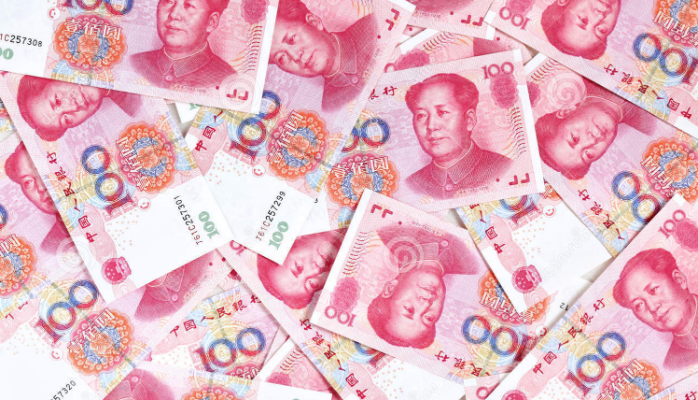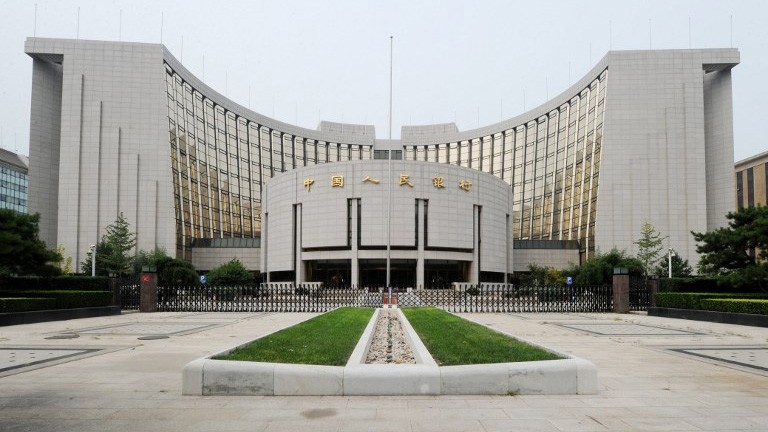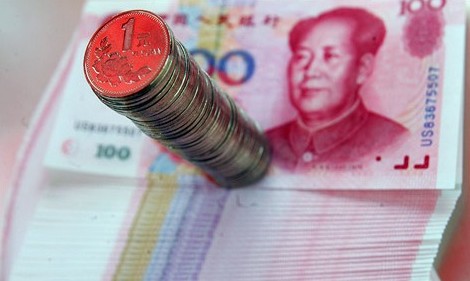China is officially the world’s largest economy. As a result, any economic decisions made in Beijing will undoubtedly have repercussions around the world. The People’s Bank of China devalued its currency for the second day in a row, making the yuan fall to a three-year low. Now valued at only 16 cents on the US dollar, the yuan is its lowest since 2012. BRIC Plus tells you all you need to know about this latest move, and what it may mean for the world.
The yuan
[via Friedland View]The yuan, ¥, is the official unit of currency of the People’s Republic of China. The remimbi, like sterling for the British Pound, is the official currency title. Though the remimbi has only been in existence since 1948, the yuan is a much older unit. It is Mandarin for ’round coin’, and was first introduced in the Qing Dynasty of the 1600’s.
Currency devaluation
[via Forex Investor]
Though currency devaluation is a deliberate act by governments, it is taken in response to economic problems. Quite simply, the lower the currency, the cheaper the country’s exports are. China’s economy is based on exports, but the government had announced a plan to rebalance the economy towards being based on domestic transactions. However, with this latest move, it seems the plan may have been derailed. China has been struggling with a fall in exports, which descended by 8.3% over the weekend. While the government claims it is a one-off step to make the yuan’s value more responsive to global markets, many will see it as a desperate attempt to prevent an increasingly dangerous downwards export spiral.
What does this mean?

[via Financial Times]
The response to the yuan devaluation has been utter panic in the financial world, as falls in stock markets have been reported worldwide. The real issue could be how China’s rivals respond. It has been suggested that this latest move could trigger a ‘currency war’, in which other emerging economies forcibly devalue their currencies in response. Could currency devaluation become the new export battleground?
What does this mean for China?
[via CNN]Counter-intuitive though it may seem, this latest move by China is actually a step towards a more market-led economic policy. Through this exercise, it is hoped that the Chinese authorities will allow the value of the yuan to be at least in part decided by international economic forces. The International Monetary Fund sees this as a positive step. While the conversion of the yuan into a free-floating currency is not yet on the table, perhaps these latest steps in market liberalisation will lead to some permanent changes.









1 Comment
Can I just say what a aid to seek out somebody who actually knows what theyre speaking about on the internet. You positively know learn how to deliver a problem to light and make it important. More individuals must read this and perceive this side of the story. I cant believe youre no more fashionable since you positively have the gift.